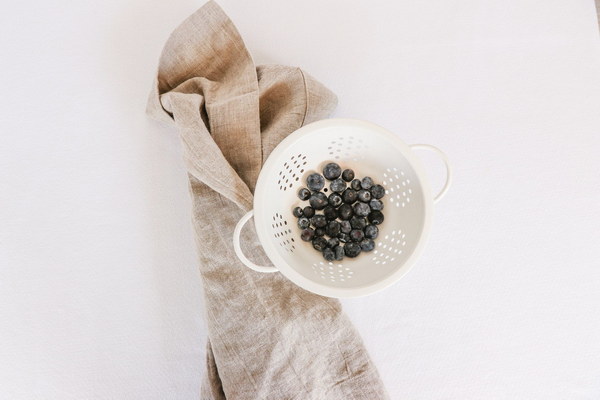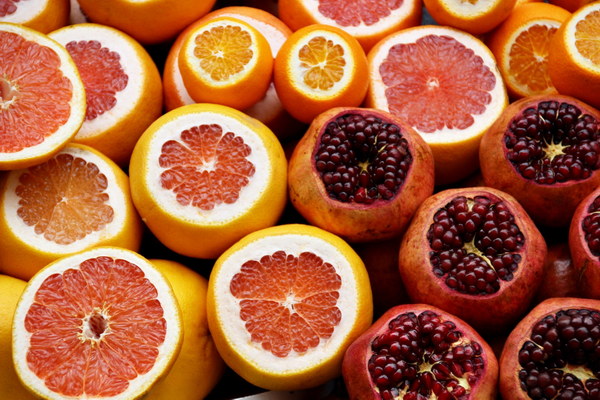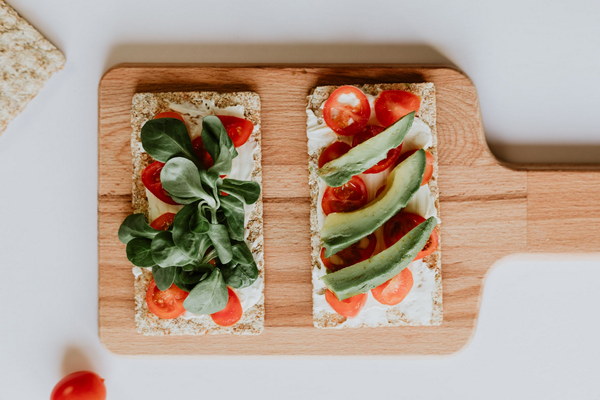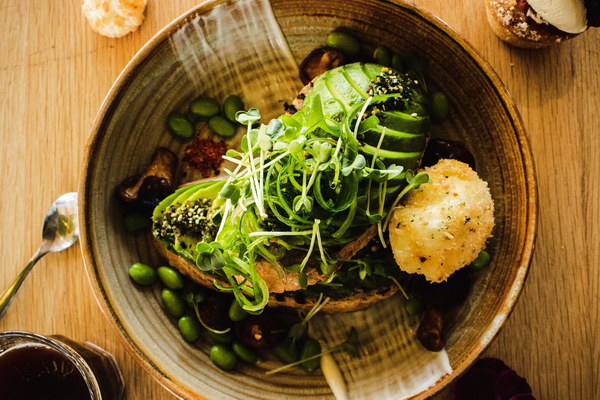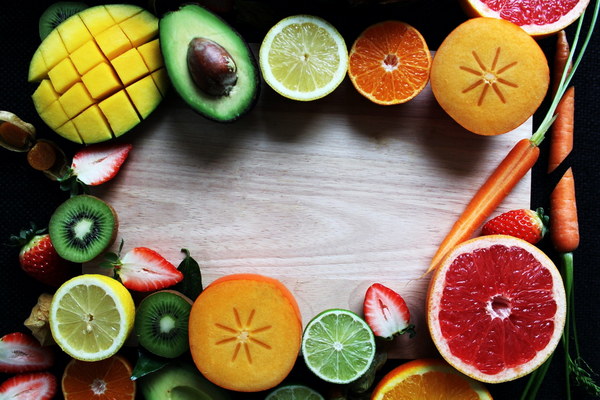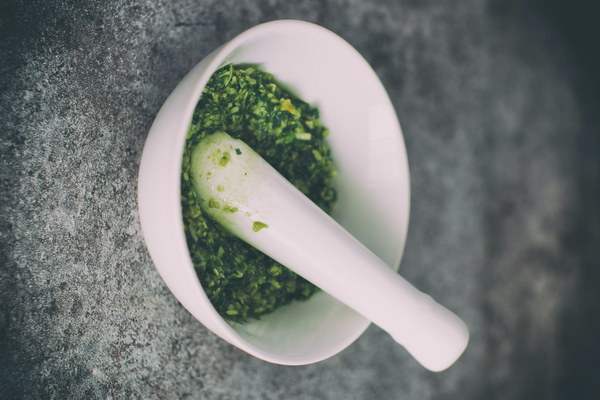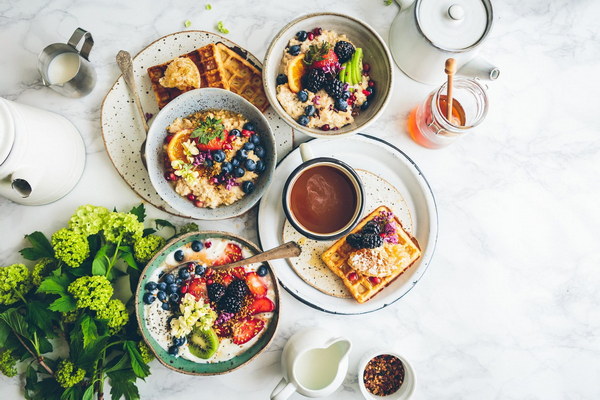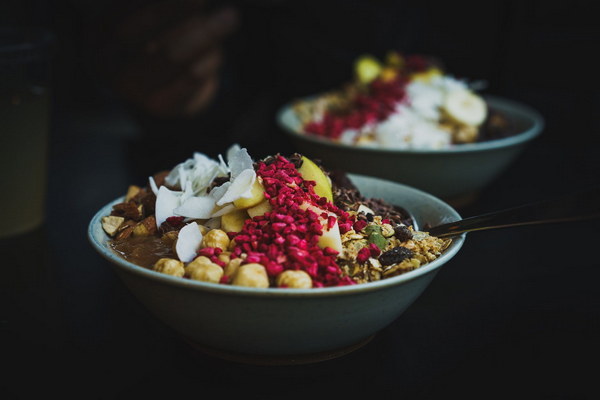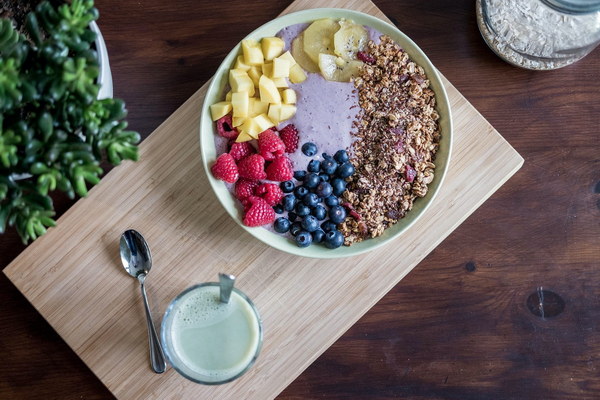Nutritional Tips for Anemia During Pregnancy What to Eat at the Third Trimester
Anemia is a common condition during pregnancy, particularly in the third trimester when the body requires more iron to support the growing fetus. If you are experiencing anemia during this period, it's essential to address it promptly. One of the most effective ways to combat anemia is through diet. Here are some nutritional tips and food recommendations to help you manage anemia during the third trimester.
1. Increase Iron Intake
Iron is crucial for the production of hemoglobin, the protein in red blood cells that carries oxygen to the body's tissues. To combat anemia, aim to consume foods rich in iron. Here are some iron-rich foods to include in your diet:
- Red meat: Beef, lamb, and pork are excellent sources of heme iron, which is more easily absorbed by the body than non-heme iron found in plant-based foods.
- Poultry: Chicken and turkey also contain heme iron.
- Fish: Tuna, salmon, and sardines are rich in iron and omega-3 fatty acids.
- Eggs: Eggs are a good source of heme iron.
- Legumes: Beans, lentils, and chickpeas are excellent sources of non-heme iron.
- Fortified cereals: Choose cereals fortified with iron to increase your daily intake.
- Green leafy vegetables: Spinach, kale, and Swiss chard contain non-heme iron and other essential nutrients.
2. Consume Vitamin C-Rich Foods
Vitamin C enhances iron absorption, so incorporating vitamin C-rich foods into your diet can help you maximize the benefits of iron. Some vitamin C-rich foods to include are:
- Citrus fruits: Oranges, grapefruits, and lemons are high in vitamin C.
- Berries: Strawberries, blueberries, and raspberries are excellent sources of vitamin C.
- Kiwi: Kiwis are a great way to boost your vitamin C intake.
- Tomatoes: Fresh tomatoes, tomato juice, and tomato sauce contain vitamin C.
- Bell peppers: Red, green, and yellow bell peppers are high in vitamin C.
3. Pair Iron-Rich Foods with Vitamin C
To ensure optimal iron absorption, it's important to pair iron-rich foods with vitamin C-rich foods. For example, you can:
- Serve baked chicken with a side of orange slices or a glass of orange juice.
- Add a handful of strawberries to your spinach salad.
- Incorporate tomatoes into your lentil soup.
4. Avoid Iron-Blocking Foods
Some foods can interfere with iron absorption. It's best to limit or avoid the following:
- Calcium-rich foods: Dairy products, such as milk, cheese, and yogurt, can block iron absorption. However, it's essential to consume a sufficient amount of calcium during pregnancy, so it's important to balance your diet.
- Tea and coffee: The tannins in these beverages can inhibit iron absorption. It's best to avoid drinking them with meals.
- Phytates: Found in whole grains, nuts, and seeds, phytates can reduce iron absorption. To minimize this effect, consider soaking and sprouting grains and legumes.
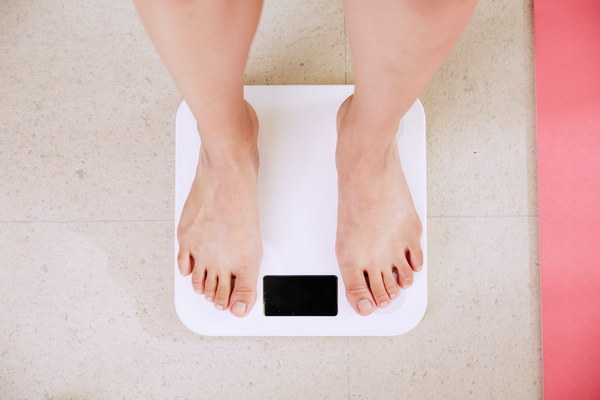
5. Consider Iron Supplements
If you're unable to meet your iron needs through diet alone, your healthcare provider may recommend iron supplements. Always consult with your doctor before starting any supplement regimen during pregnancy.
In conclusion, managing anemia during the third trimester requires a balanced diet rich in iron, vitamin C, and other essential nutrients. By incorporating the recommended foods and following these nutritional tips, you can help alleviate anemia symptoms and support the health of both you and your baby. Remember to consult with your healthcare provider for personalized advice and guidance throughout your pregnancy journey.
